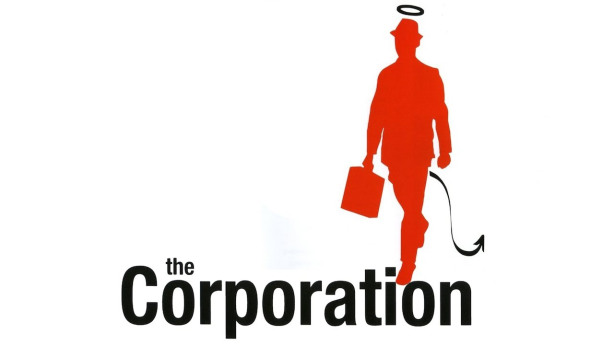From David Ruccio It is extraordinary that the hegemonic economic theory in the world today—neoclassical economics—still lacks an adequate theory of the firm. It beggars belief both because neoclassical economics is the predominant theory that is taught to hundreds of thousands of students every year and used to make sense of the world and formulate policy in countless think thanks and government agencies and because the firm (or enterprise or corporation) is one of the central institutions of capitalism. It’s where many (but of course not all) goods and services are produced, value and surplus-value are created, and profits generated for capitalists. And yet the neoclassical notion of the firm, even when developed by Nobel Prize-winning economists (such as Oliver Hart and Bengt Holmstrom), is not much more than an empty box—without any real history and, as it turns out, without any links to politics. Daniel Carpenter, the Allie S. Freed Professor of Government in the Faculty of Arts and Sciences and Director of Social Sciences at the Radcliffe Institute for Advanced Study at Harvard University, certainly thinks that’s a problem in terms of making sense of how firms came to be constituted historically and what their effects are on contemporary society. Q: The neoclassical theory of the firm does not consider political engagement by corporations.
Topics:
David F. Ruccio considers the following as important: Uncategorized
This could be interesting, too:
tom writes The Ukraine war and Europe’s deepening march of folly
Stavros Mavroudeas writes CfP of Marxist Macroeconomic Modelling workgroup – 18th WAPE Forum, Istanbul August 6-8, 2025
Lars Pålsson Syll writes The pretence-of-knowledge syndrome
Dean Baker writes Crypto and Donald Trump’s strategic baseball card reserve
from David Ruccio
It is extraordinary that the hegemonic economic theory in the world today—neoclassical economics—still lacks an adequate theory of the firm.
It beggars belief both because neoclassical economics is the predominant theory that is taught to hundreds of thousands of students every year and used to make sense of the world and formulate policy in countless think thanks and government agencies and because the firm (or enterprise or corporation) is one of the central institutions of capitalism. It’s where many (but of course not all) goods and services are produced, value and surplus-value are created, and profits generated for capitalists.
And yet the neoclassical notion of the firm, even when developed by Nobel Prize-winning economists (such as Oliver Hart and Bengt Holmstrom), is not much more than an empty box—without any real history and, as it turns out, without any links to politics.
Daniel Carpenter, the Allie S. Freed Professor of Government in the Faculty of Arts and Sciences and Director of Social Sciences at the Radcliffe Institute for Advanced Study at Harvard University, certainly thinks that’s a problem in terms of making sense of how firms came to be constituted historically and what their effects are on contemporary society.
Q: The neoclassical theory of the firm does not consider political engagement by corporations. How big an omission do you think this is?
I think it’s an immense omission. For one, we can’t even talk about the historical origins of many firms without talking about corporate charters, limited liability arrangements, zoning, public contracts and grants, and so on. To view these processes as legal and not political is a significant mistake. I’m currently writing a lot on the history of petitioning in Europe and North America, and in areas ranging from railroads, to technology-heavy industries, to extractive industries, to banking, firms (or their investors) had to bring a case before the legislature, or an agency of government, or both. They usually used petitions to do so.
Beyond the past and into the present, there are a range of firm activities that we can’t understand without looking at politics. Industrial organization considers regulator-firm interactions, but does not theorize the fact that now most firms have regulatory affairs and compliance offices, or the fact that firms hire not just lobbyists but lawyers to do a lot of political work for them.
And in the future, the profitability and survival prospects of many firms in the coming years will depend heavily, in a polarized environment, on the political skills of managers. The theory of the firm was developed in an era (1950s – 2000) when globalism was the rule. What might it look like if Trump and Brexit are the new norm?
Today, of course, many citizens are concerned about the corrupt links between the capitalist firms in which they work and the governments that are supposed to represent the people. In my view, that concern was one of the causes of the Brexit vote and Trump’s victory in the U.S. presidential election.
The problem is, neither the post-Brexit British government nor the Trump administration has given any indication they’re going to solve the problem of the firm. Quite the opposite. Both have tied themselves to the very same capitalist firms that have wreaked havoc on society for decades now.
Meanwhile, neoclassical economists continue to build their models based on a theory of the firm that bears no relationship to the way firms operate in the real world, manipulating market rules and political actors to their own ends.

